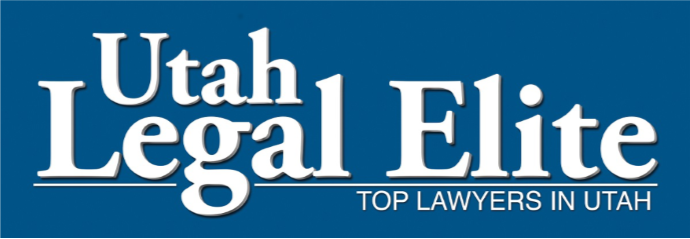Steven H. Bergman
April 2019
Based on information contained in the Department of Commerce’s most recent annual report, there are currently more than 300,000 businesses operating in Utah, with approximately 60,000 new business filings each year. For the past decade, the most common form of new entity in Utah has been the limited liability company. The next most common is a DBA registration of a fictitious business name, followed by the corporation. Each of these new entities brings the promise of a new business venture, new ideas, new jobs, and potential success.
Although the overall number of businesses in Utah has been growing, the Department’s annual report suggests that on an annual basis, more 40,000 businesses either fail to file an annual report or dissolve. For the principals of these 40,000-plus businesses, the failure to file an annual report or the dissolution of the business triggers potential issues that if not managed properly can have adverse effects on the shareholders, members, directors, officers, and managers of these businesses.
Failing to file an annual report can eventually lead to administrative dissolution of a corporation or limited liability company. Once a corporation or limited liability company is administratively dissolved, any action taken by the directors, officers, or managers that is not related to the winding up of the entity can result in the personal liability of the acting director, officer, or manager.
Similarly, in those instances where the shareholders or members of a corporation or limited liability company elect to dissolve, or a court orders the dissolution of the entity, properly dissolving and winding up the entity can make the difference between the principals still enjoying some or all of the available liability protection after the entity is wound up and those same principals being exposed to personal liability for the debts of and claims against the entity. This is not a theoretical risk, as Utah Courts have found directors, officers, and managers of dissolved entities personally liable for actions taken after dissolution. In these instances, the director, officer, or manager who was found liable could have avoided that liability by complying with the annual reporting requirements under the Utah Revised Business Corporations Act or the Utah Revised Uniform Limited Liability Company Act or by following the dissolution and winding up procedures under those acts.
For example, when the dissolution and winding up process is in accordance with the provisions of the Utah Revised Business Corporations Act, officers are generally protected from post-dissolution liability, and shareholders can only be held liable for company debts and claims up to the amount they received in monetary distributions from the winding up process. Conversely, not following the procedures (for example, by distributing corporate property other than money), can expose the receiving shareholder to liability in excess of the limits set forth in the Utah Revised Business Corporations Act. Similar rules apply to limited liability companies wound up under the Utah Revised Uniform Limited Liability Company Act.
Another important part of the winding up process is the management of claims against the entity. Following the procedures under either act can lead to the early and final resolution of claims against the entity. Not following those procedures can result in claims against the entity. Furthermore, the former shareholders or members may also be exposed to liability for extended periods–up to seven years in the case of corporations and six years in the case of limited liability companies.
The attorneys in Richards Brandt’s Business Transactions and Corporate Governance and Business and Commercial Litigation practice groups know and understand the statutes, rules, and regulations that apply to corporations and limited liability companies. If you have a corporate or company governance issue, or are in the process of or soon will be dissolving and winding up a corporation or limited liability company, contact one of the attorneys in RBMN’s Business Transactions and Corporate Governance or Business and Commercial Litigation practice groups.










The Doctrine of Election of Remedies in Utah
Avoiding dissolution pitfalls and protecting against post-dissolution liability for company debts and claims
Tread Carefully – An Ethics Reminder